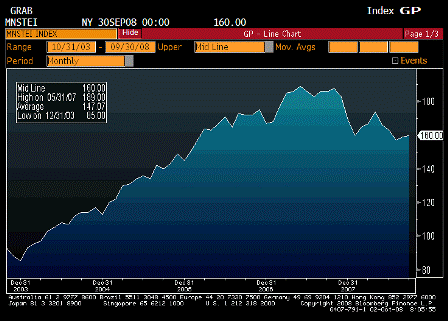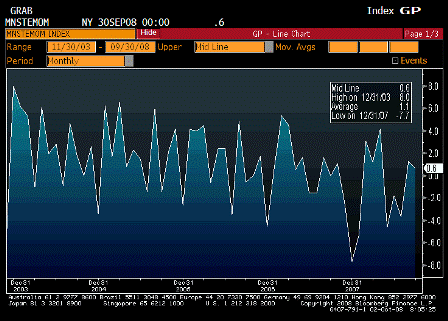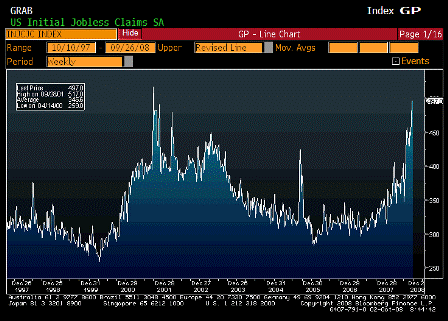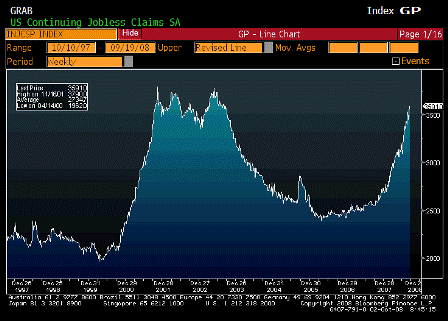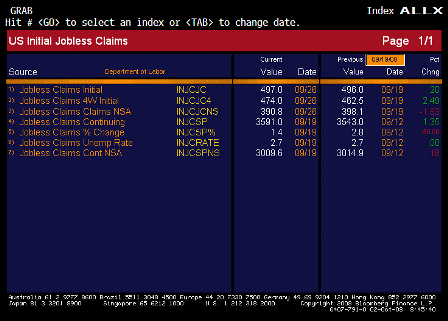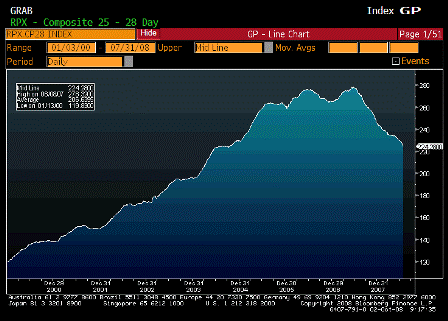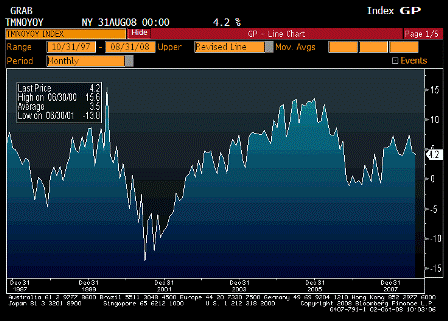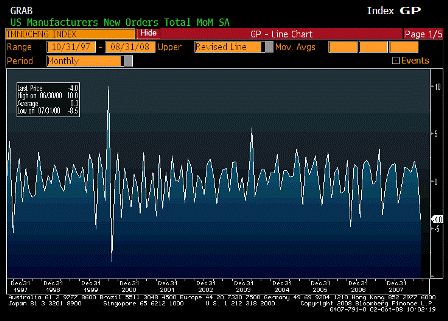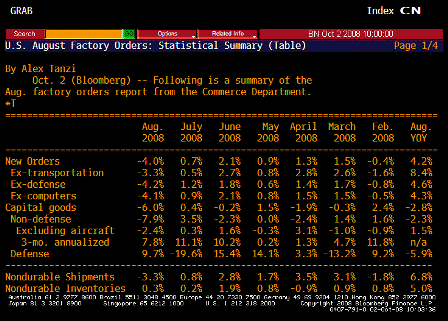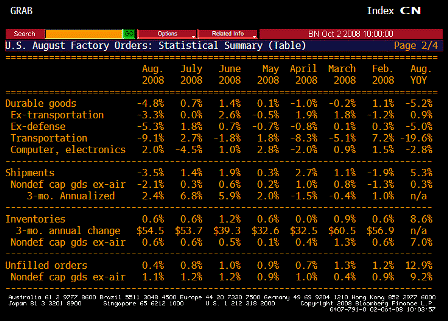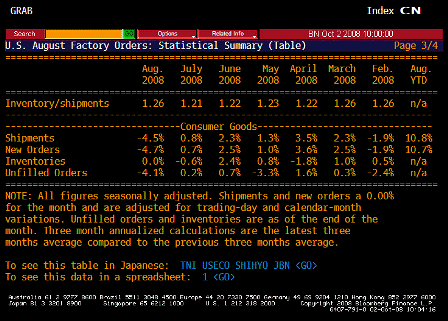[Skip to the end]
Hi Joseph,
Agreed, and this attitude continues this morning, with comments like ‘Europe needs this slowdown to bring down inflation’ as their opinion leaders argue against a rate cut (not that a rate cut would actually help demand as they think it would, but that’s another story).
It seems they are actually welcoming this weakness, probably out of fear unemployment was getting far too low to ‘discipline’ the unions, as wage demands were anecdotally featured in the Eurozone news.
France’s proposal for a 300 billion euro wide fund to calm bank depositors was immediately shot down by Germany (not that it would have or could have been sufficient to stop a run on the banking system, but that too is another story).
It is also becoming more clear that effectively major euro lending institutions have found themselves massively ‘long’ euros and ‘short’ dollars. The Fed’s swap lines have grown to over $600 billion, mainly with the ECB. This means the ECB is borrowing USD from the Fed to lend to its banks. This represents the same kind of external debt that has brought down currencies since time began. Running up external debt to sustain your currency is highly unlikely to succeed.
Ultimately, their only exit is to sell euros and buy the USD needed to cover their net USD needs. The resulting fall in the currency can spiral into a serious run on the banking system. Unlike Americans who run to high quality securities in their local currency when they get scared, Europeans and their institutions tend to flee the currency itself.
While the national governments will attempt to contain any such run, they don’t have the capability, as they are all limited fiscally by both law and market forces, with the latter the far stronger force. Only the ECB can write the check of the size needed, no matter how large, but they are currently prohibited by treaty from making such a fiscal transfer.
I have serious doubts the Eurozone can get through this week without entering into a system wide banking crisis that will end with the payments system being closed down until it reopens with bank deposit insurance at the ‘federal level’- in this case from the ECB itself.
The Eurozone would have been ‘saved’ if the US has responded with a fiscal response in the range of 5% of GDP, and continued to increase imports and keep the world export industries alive.
But that didn’t happen, and, by design, that channel was cut off when Paulson, supported by Bernanke and Bush, managed to convince foreign central banks to stop accumulating USD reserves.
This both killed the goose laying the golden eggs for the US (imports are a real benefit and exports a real cost), as US exports have boomed and real terms of trade fell, and also triggered the looming collapse of the Eurozone as exports fell off and domestic demand remained weak.
Good morning!
[top]

